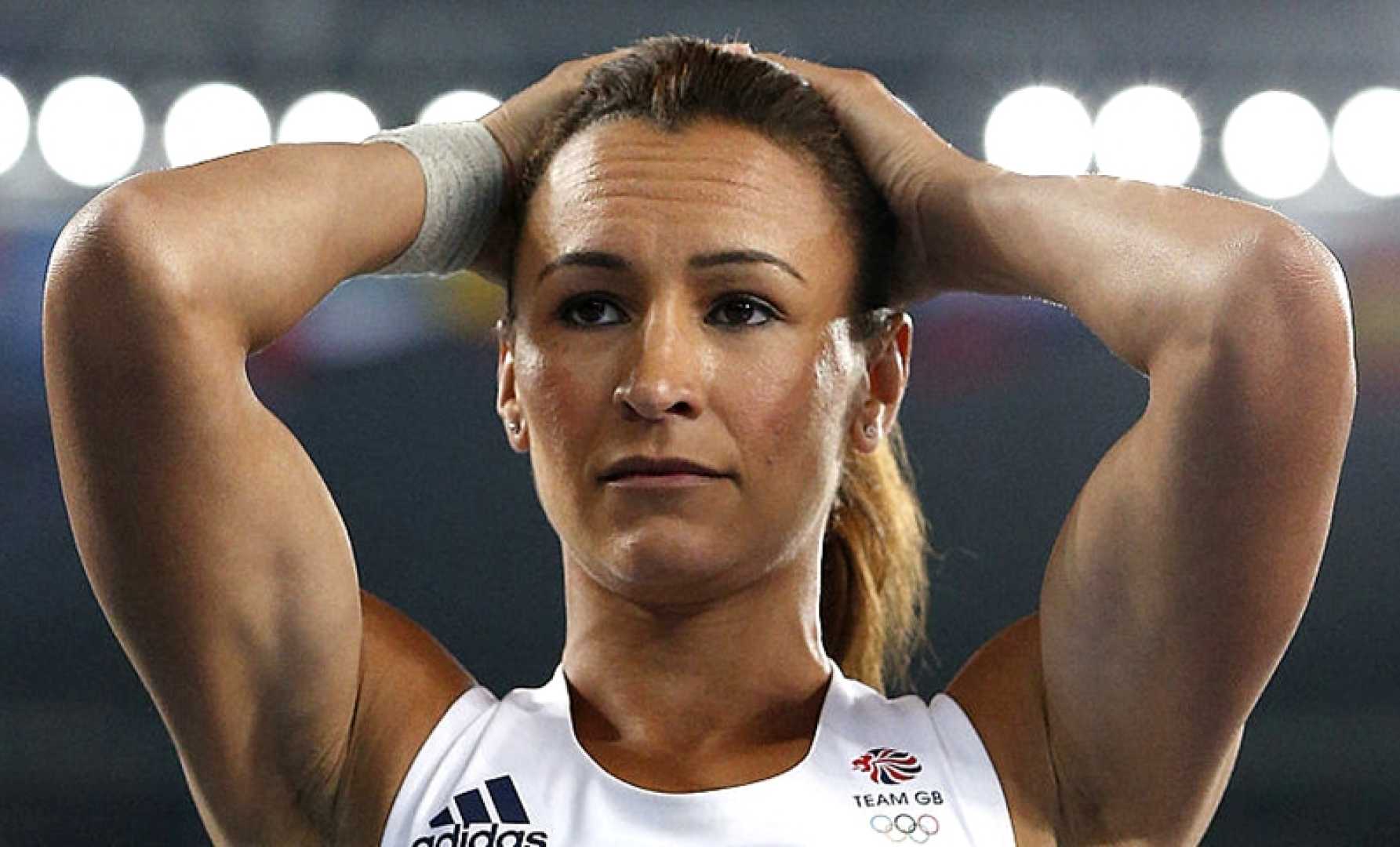Sports
Emotional Control: Key to Success for Sports Stars?

**Augusta, Georgia** — Tensions ran high on the sports stage last week, showcasing a spectrum of emotional responses from athletes under pressure. A notable scene featured British golfer Justin Rose at the Masters Tournament, facing a raucous crowd while maintaining his composure. In stark contrast, British tennis player Harriet Dart drew headlines for confronting her French opponent about body odor before suffering a significant defeat in a French Open match.
The divergent reactions of these athletes prompt an essential inquiry: should sports stars express their emotions openly or suppress them to enhance their performance? Historically, the world of sports has seen examples like tennis icon John McEnroe, whose emotional outbursts often sparked rallies in his favor. During his infamous 1981 Wimbledon match, McEnroe repeatedly engaged with officials, famously declaring, “You cannot be serious.” His fiery demeanor led him to victory, reinforcing the idea that expressing emotions can sometimes be effective.
Yet, McEnroe’s approach may be more of an exception than the rule. Professor Andrew Lane, a sports psychologist at the University of Wolverhampton, suggests that failing to control emotions generally hampers athletes’ performance. “For most sports people,” Lane explains, “if they don’t control their emotions, it costs them. Letting off steam may feel natural but it disrupts performance.”
Recent studies support Lane’s assertion. One research project involving 77 professional volleyball players in the top two Spanish leagues revealed that athletes who struggle with negative emotions make rash decisions that negatively impact their performance. Additionally, findings indicated that female athletes, in particular, exhibited more impulsive reactions under pressure compared to their male counterparts, which correlated with increased errors during matches.
“The results show that elite female volleyball players tend to react more impulsively than men in adverse conditions,” the researchers noted. To address this, Lane and his colleagues suggest coaches help players manage extreme pressure through techniques like using timeouts for mental resets and stressing the importance of a balanced attitude toward competition.
Meanwhile, Emma Raducanu, the British tennis sensation, has expressed intentions to continue her coaching collaboration with Mark Petchey on an informal basis. “We’re keeping things informal for now, and it’s been working,” she said in a joint interview with The Guardian and BBC prior to the Madrid Open. Raducanu’s decision follows her dissolution of a trial partnership with Slovak coach Vladimir Platenik during the Miami Open, highlighting the pressures athletes face regarding their choices.
Raducanu, who previously withdrew from significant competitions to focus on mental well-being and training, noted, “I think just trying to keep things more lighthearted off the court has helped me.” Her commitment to enhancing her emotional health reflects a broader trend among athletes emphasizing the importance of maintaining a balanced mental state.
As Lane emphasizes, emotional composure can be cultivated over time and is not an innate trait. “Athletes need to practice emotion regulation like any other skill. It starts with learning to identify your feelings,” he said. Lane applies techniques such as video analysis to help athletes understand their emotional responses during critical moments.
The discourse around handling emotions in sports remains vital as athletes, coaches, and psychologists seek effective strategies for managing stress and enhancing performance. Whether through strategic expression or controlled composure, understanding the emotional landscape may prove essential in the pursuit of success on and off the field.












